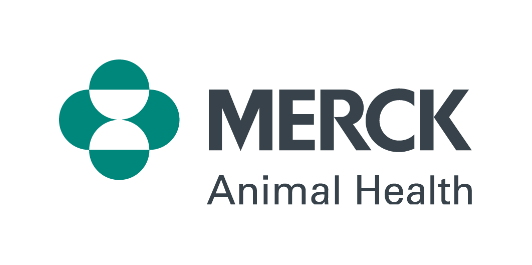Merck Animal Health Presents Results of a Vaccine Against Schmallenberg Virus to protect Sheep and Cattle
BOXMEER (the Netherlands), June 28, 2012 — Merck Animal Health (known as MSD Animal Health outside the USA and Canada) announces the successful development of a candidate vaccine against the Schmallenberg virus. Immediately after the first cases appeared at the end of 2011, Merck Animal Health started the emergency development program. In a very short timeframe research was able to produce a vaccine and it was demonstrated that vaccinated animals were protected against a challenge with Schmallenberg virus. The results of several studies were presented as a poster presentation at a satellite symposium on the Schmallenberg virus during the 6th Annual Meeting of EPIZONE (an international network of veterinary research institutes working on epizootic animal diseases), which took place in Brighton (United Kingdom) from June 13-15, 2012.
The vaccine is based on wild-type Schmallenberg virus that has been inactivated and contains an adjuvant that stimulates the immune response. In the studies to date, safety and efficacy has been demonstrated in calves, lambs and pregnant ewes.
“In our studies we looked at the serological response as well as viremia and we have now reported that all animals responded with formation of virus neutralizing antibodies. During the trials, all vaccinated animals were protected against Schmallenberg virus infection (complete blockage of viremia), whereas all controls developed viremia after challenge. Moreover, we found a good correlation between antibody titers and viremia”, said Veronique Moulin, research scientist at the virological R&D department at Merck Animal Health.
“Using our experience gained a few years ago during the fast-track development of the first vaccine against bluetongue 8 virus in just 21 months, we are now on track to develop a vaccine against Schmallenberg virus in an even shorter time. After we isolated the virus last December, we have diligently worked in an integrated and interdisciplinary team at BioSciences Center Boxmeer (the Netherlands) and our manufacturing site in Burgwedel (Germany) to develop this vaccine. We anticipate, pending regulatory approvals, to have a vaccine available for our customers by the end of this year”, said Dr. Rene Aerts, vice president Global Biologicals R&D Animal Health.
“Since the emergence of the Schmallenberg virus late summer of 2011, it has spread across several countries in Europe. At this moment it is not possible to predict the course and impact of the endemic in Europe in the near future. We see a potential role for the vaccine in the protection of young breeding stock on infected farms and protection of non-infected farms in risk areas. Nevertheless, this project clearly shows that, as an animal health company, Merck Animal Health has taken its responsibility as a global leader in this field to make resources available in order to develop an efficacious vaccine in the shortest possible time”, Dr. Aerts added.
